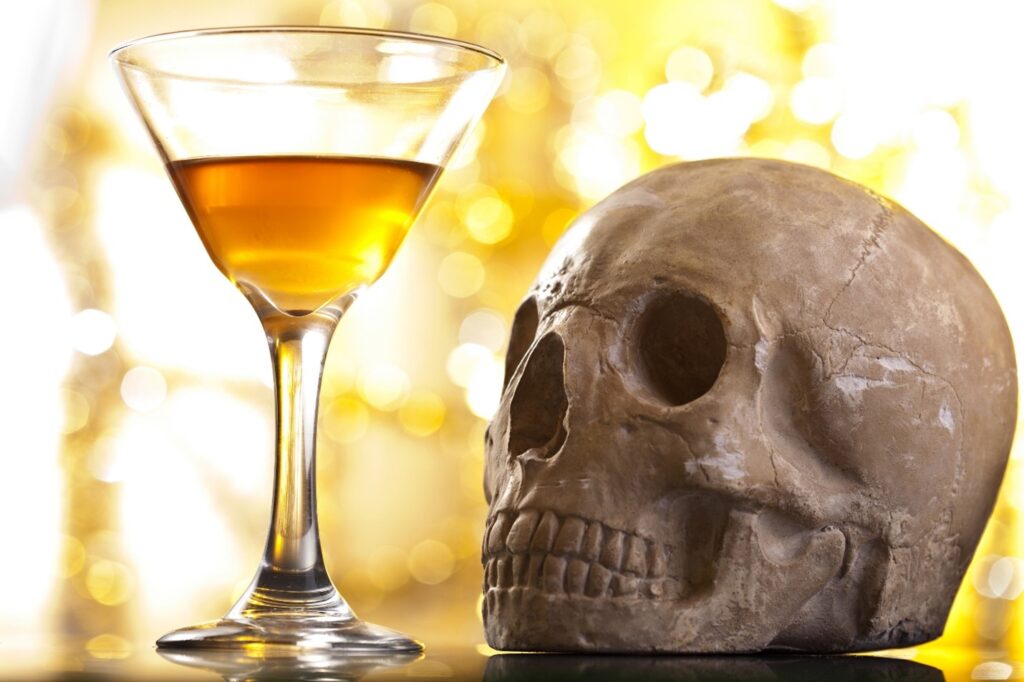
By Pamela Blume
Christian Action League
July 23, 2021
Another study on the ill-effects of alcohol on health has been published. An online journal, MedPageToday, referenced and linked to a study reported in an article in The Lancet Oncology by the International Agency for Research on Cancer and its Cancer Surveillance Branch in Lyon, France.
According to its population-based modeling study, the report said that more than 700,000 new cases of cancer worldwide in 2020 could be attributed to alcohol consumption. The agency’s Harriett Rumgay and colleagues stated that three quarters of those cases were in men and affected the liver and esophagus.
Although the studied cases involved heavy drinking, Rumgay said “We estimate that light-to-moderate drinking of the equivalent of around one or two alcoholic drinks per day was accountable for more than 100,000 cases of cancer in 2020.”
The study established levels of alcohol use per person and per country. They used 2010 data from the Global Information System of Alcohol and Health, assuming a decade-long period between consumption and cancer development and combined that data with new cancer cases in 2020 to estimate alcohol-related cancers. The highest percentages of cancer cases that could be attributable to alcohol use were in Eastern Asia and Central and Eastern Europe; and the lowest in North Africa and Western Asia. The Covid pandemic may have affected cancer reporting and drinking patterns, such as the reports in the uptick of binge drinking in the UK during the lockdown.
Dr. Amy C Justice of Yale University in a commentary of the study said that a true picture of alcohol consumption and how to ameliorate it is limited by the ability to get accurate figures from inside and outside government-controlled access and the inaccuracies of self-reporting surveys. That might mean that health issues may be underestimated. “The sooner we start accurately measuring alcohol exposure, the sooner we can understand the true excess burden of cancer attributable to alcohol, and effectively intervene,” stated Dr. Justice.
The authors of the study suggested that excise taxes and limiting hours and locations of access could help lessen alcohol use and abuse. Similar suggestions have also come from ASCO, the American Society of Clinical Oncology. Yet the online comments usually default to a dismissal of such studies, citing flaws in data gathering or accusing researchers of being alarmists.
It is amazing the knee-jerk reaction that occurs when studies such as these, or any criticism of alcohol as a beverage being a health hazard, are published. These statistics are coming from the medical field, not from the stereotypical preacher denouncing Demon Rum, and should not be dismissed.
As a cancer patient myself, my doctors have made it clear to me that I shouldn’t consume alcohol. A cancer patient’s liver is already taxed by the drugs that are keeping us alive and some drugs absolutely cannot be combined with alcohol. I have attended cancer education forums or cancer fundraisers where alcohol is served. It is mind-boggling that a known carcinogen would be offered at such events. Alcohol truly is a “sacred cow” in our society.
